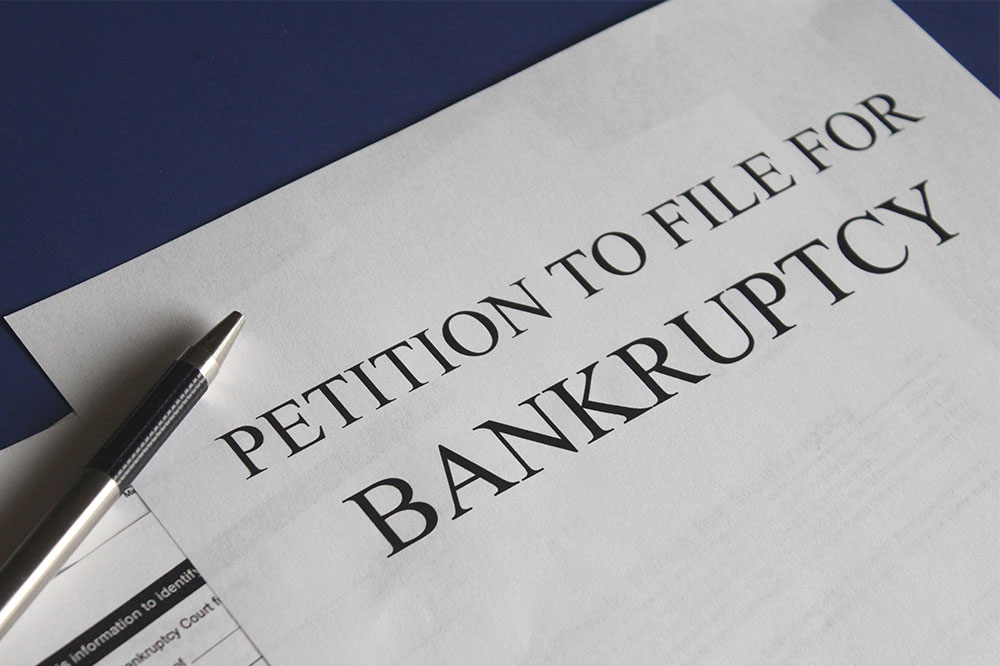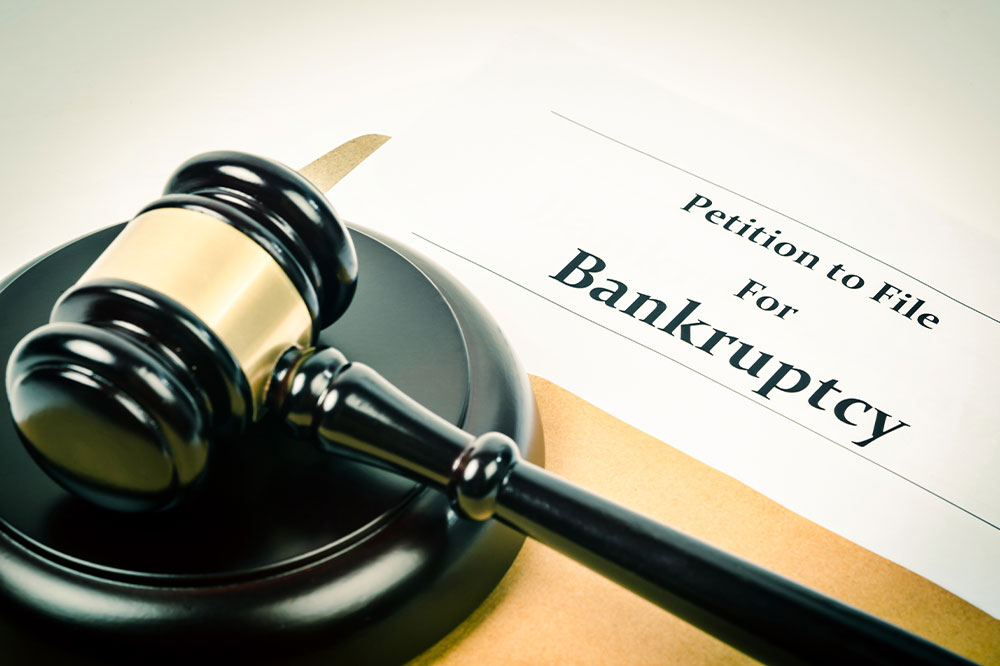Complete Overview of Bankruptcy Filing Expenses
This guide explores the various costs involved in filing for bankruptcy, including court fees, attorney charges, and educational costs. It offers practical tips for managing these expenses, whether you're filing under Chapter 7 or Chapter 13. Understanding the financial aspects helps debtors plan effectively and navigate the bankruptcy process smoothly.

Key Costs Associated with Filing for Bankruptcy
Are you curious about what it costs to start a bankruptcy case? The expenses can vary based on different factors. Filing fees set by the court are usually fixed, but legal fees can fluctuate depending on location, case complexity, and the lawyer's rates. Costs differ between Chapter 7 and Chapter 13 cases. This article provides a detailed look at bankruptcy-related expenses, including legal fees, court costs, and tips to manage these financial burdens effectively.
Chapter 7 vs. Chapter 13 Costs
Chapter 7 typically discharges most debts quickly, offering immediate relief. On the other hand, Chapter 13 reorganizes debts into a structured payment plan, helping reduce overall debt while allowing debtors to retain vital assets.
Breakdown of Bankruptcy Expenses
The main costs include court filing fees and attorney charges. Court fees are generally consistent across districts, but attorney fees vary by location, experience, and case specifics.
In rural regions, legal fees tend to be lower than in large cities like Manhattan. Average attorney fees for Chapter 7 are approximately $1,450, generally ranging from $1,000 to $1,750. For Chapter 13, costs average around $3,000, with possible fluctuations between $2,500 and $5,000. Local courts often regulate attorney fees for Chapter 13, so checking with your district court is recommended before hiring legal representation.
Educational Costs in Bankruptcy
All filers must complete two credit counseling courses, which typically cost about $50. These can be taken online or in person through approved nonprofit agencies, as mandated by the US Trustee.
Tips for Managing Bankruptcy Expenses
Filing Chapter 13 can help protect your assets and allocate funds for repayment and legal fees. For Chapter 7, paying legal costs upfront can be difficult, but these strategies may help:
Save and Borrow
Trim unnecessary expenses, save funds, sell unused belongings, or seek interest-free loans from family or friends to cover costs.
Negotiate Payment Plans
Many attorneys are willing to set up installment plans. Discuss options to spread payments over months during initial consultation, making costs more manageable.
Hire a Petition Preparer
For quicker processing, petition preparers can help complete paperwork efficiently, usually charging around $70 per hour. While they don't provide legal advice, they can assist in initiating an automatic stay to halt collection activities.


